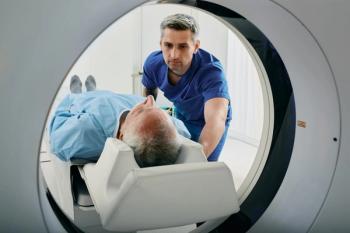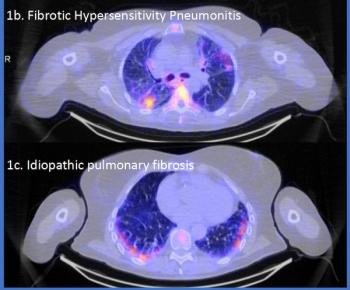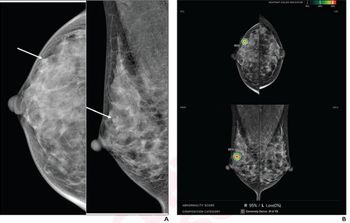
MRI pioneer takes a powder as Toshiba restructures
Last summer Toshiba announced its decision to move MRI manufacturing to Japan and concentrate its R&D in South San Francisco, the home of Toshiba America MRI (TAMI) since it acquired Diasonics in 1988. The move would allow the company to partner with top
Last summer Toshiba announced its decision to move MRI manufacturing to Japan and concentrate its R&D in South San Francisco, the home of Toshiba America MRI (TAMI) since it acquired Diasonics in 1988. The move would allow the company to partner with top researchers at U.S. academic institutions for designing CT, ultrasound, and x-ray based products, according to Toshiba executives. Top executives said that although the changeover would add 40 people to R&D, 140 TAMI employees would be laid off. In the wake of this transition, Leon Kaufman, one of the original developers of MRI, will leave Toshiba. His resignation takes effect Jan. 31.
Kaufman led the development of Diasonics' Access system, the world's first open scanner, released in 1987. For Toshiba, Kaufman helped develop the world's first superconducting open system, Opart. This single product made Toshiba a serious contender in MRI.
"Before Opart, (Toshiba) was down to almost nonexistent market share (in the U.S.)," Kaufman said. "We had a tremendous turnover; people were leaving right and left. They stopped doing that, and the reason, simply, was because they had found something to do."
Kaufman has a reputation for being fiercely protective of his staff. He refused to comment on whether the decision to reorganize manufacturing and R&D operations and the consequent layoffs was the reason for his leaving. He noted, however, that he and top management were not always in agreement on critical issues.
"One of the reasons we were productive was that I spent part of my time keeping management from interfering with what we were trying to do," he said. "It doesn't earn you a lot of points, so I think it was time for a parting."
Kaufman will stay in the imaging industry. Some of his time will be spent guiding a start-up, International MRI Accreditation Resources (IMAR), which he helped found with the mission of assisting MRI providers seeking accreditation. IMAR, whose six staff members are former Toshiba employees, offers consulting and advice on accreditation and image-quality issues, and evaluates operations for compliance with standards needed for accreditation.
The new company took shape early last August, days after the Toshiba restructuring was announced. Kaufman agreed not to aggressively market IMAR until his relationship with Toshiba officially ended.
"We got this started in part to try to keep some of the group together," he said. "We have worked together for 15 years or more."
In the meantime, word of his departure from Toshiba caught the attention of AccuImage Diagnostics, which is trying to recruit Kaufman for the position of CEO, vacated by Robert Taylor last November. At press time, Kaufman had not formally decided whether to take the offer, preferring to wait until his resignation from Toshiba takes effect, according to a source at AccuImage.
Newsletter
Stay at the forefront of radiology with the Diagnostic Imaging newsletter, delivering the latest news, clinical insights, and imaging advancements for today’s radiologists.















